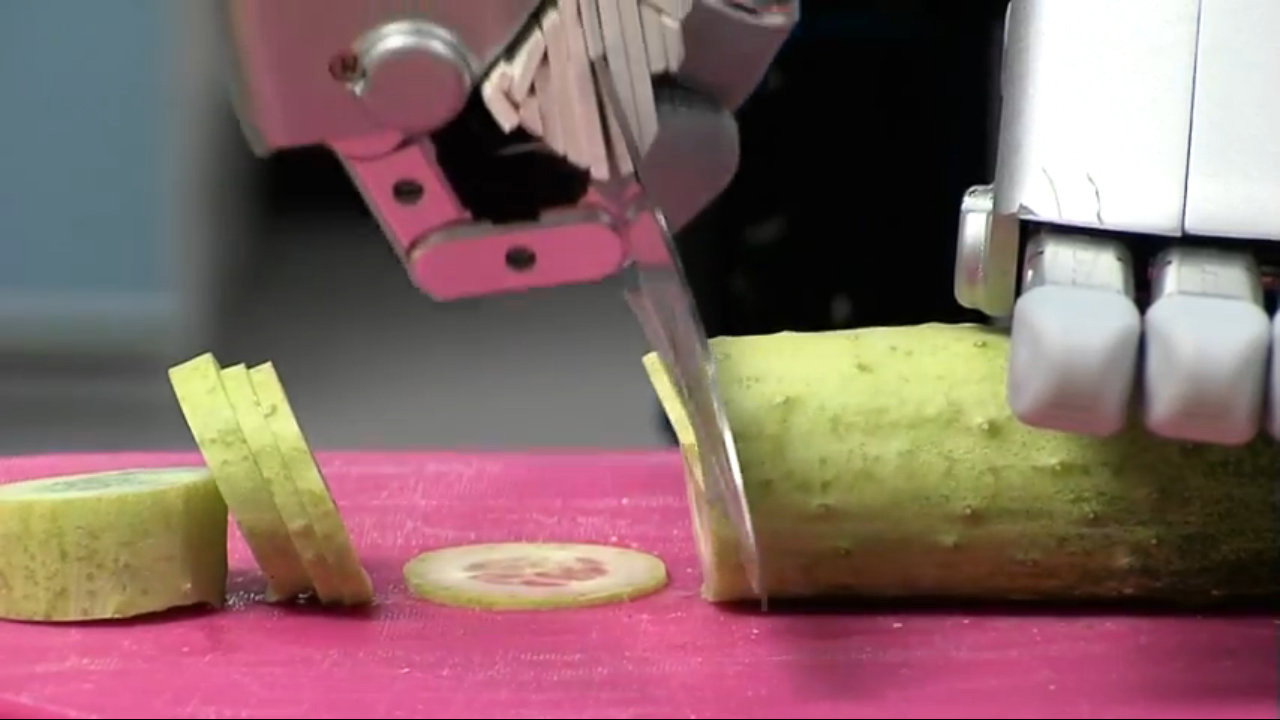
Robohub.org
Robots at home: Interview with Assistobot CEO Tjin Van Der Zant

Tjin Van Der Zant helped found “Robocup at Home” in 2006, and since then the organization has spread to include a number of new locations everywhere from Brazil to Thailand. As a professor at the University of Groningen in the Cognitive Robotics Lab, and founder of a Robotics startup and machine learning startup – he’s pretty “involved” when it comes to robots – and it made me eager to pick his brain about the future of home robotics.
First, I asked him to give me an idea of the “state of robotics” at the present time – so that I might grasp where the field is today compared to where things were be even 5 or 6 years ago. Tjin refers to the fact that after an initially slow past decade in robotics, he’s seen a lot of progress over just the last half-decade, which for him seems promising. “We went from robots that couldn’t play soccer (the traditional competitive activity of Robocup)… were unlikely to be used at home… to robots that can open the fridge, get a beer, open the beer for you, and bring it to you.” He’s seen everything from robots flipping pancakes to serving drinks at bars – and the variety and complexity of these tasks increases noticeably year-after-year at Robocup.
What has enabled this transition? A number of congergent factors have come together to help take robotics to the point that it’s reached today. First and foremost, says Tjin, the X-box “Kinect” and mobile phone companies have given robotics teams in and out of academia a series of cheap and highly effective sensors that would have cost the teams years of time and millions of dollars to create themselves.
In addition, with many of the Robocup competitors being from universities, the purpose of competition is the growth and development of the field – allowing open-source robotics software to be developed, and more useful skills to be shared among the brightest and most eager minds in the field. The result? Tjin reports that teams in remote and unknown areas can often come into Robocup competitions and do just as well as the better-known schools, because they have software and knowledge access that now rivals anywhere else in the world. Robocup itself is intending to facilitate these developments, and by bringing robotic teams together head-to-head, the field is furthered by real, competitive aims (rather than merely new or novel innovations). A set of rules, a bunch of excited scientists of all ages, and a clear objective means a lot of specific learning for everyone involved.
As for the future of robotics, Tjin shared some insights that I had never heard from any of my other interviewees. “I would not be surprised that if in 30 years there were several robots per person, with specialized tasks. This means there will be a huge commercial applications… and these robots would have to adjust differently for different cultures.” He admits that he’s prognosticating, but he sincerely feels that the cultural differences between us will be manifested in the robots around us (much like McDonalds offering different foods in different cultures). He uses the humorous example of a more design-focused country like Italy which wants its sewage-cleaning robots to look good – despite their job.
In addition, different countries and cultures may have different ideas about what a robot should be or do. “In Japan, people see robots as a friend, they want a robot buddy. In northwestern Europe… nobody really cares about this… because we want to robots to do the tasks that we don’t want to do, or which are too dirty.”
One of the biggest areas where Tjin feels that robotics will have home applications is with elderly communities. He mentioned that the percentage of the elderly population is on the rise and that it will be unreasonable to hire individual around-the-clock helpers to care for the elderly – and that it may be a job perfectly suited for a robot which can provide telepresence capacities for loved ones to “visit” the elderly, as well as remind elderly individuals to take medication, or to notify neighbors when an accident or fall happens. Tjin’s own startup in the robotics world (Assistobot) is geared towards serving elderly individuals in managed care facilities and hospitals, a body of work that he – and the teams of talented researchers at the Robocup events – will continue working on.
tags: c-Consumer-Household, Culture and Philosophy, cx-Research-Innovation, human-robot interaction, interview, Person, Prototype, Service Household Elder Care, startup







